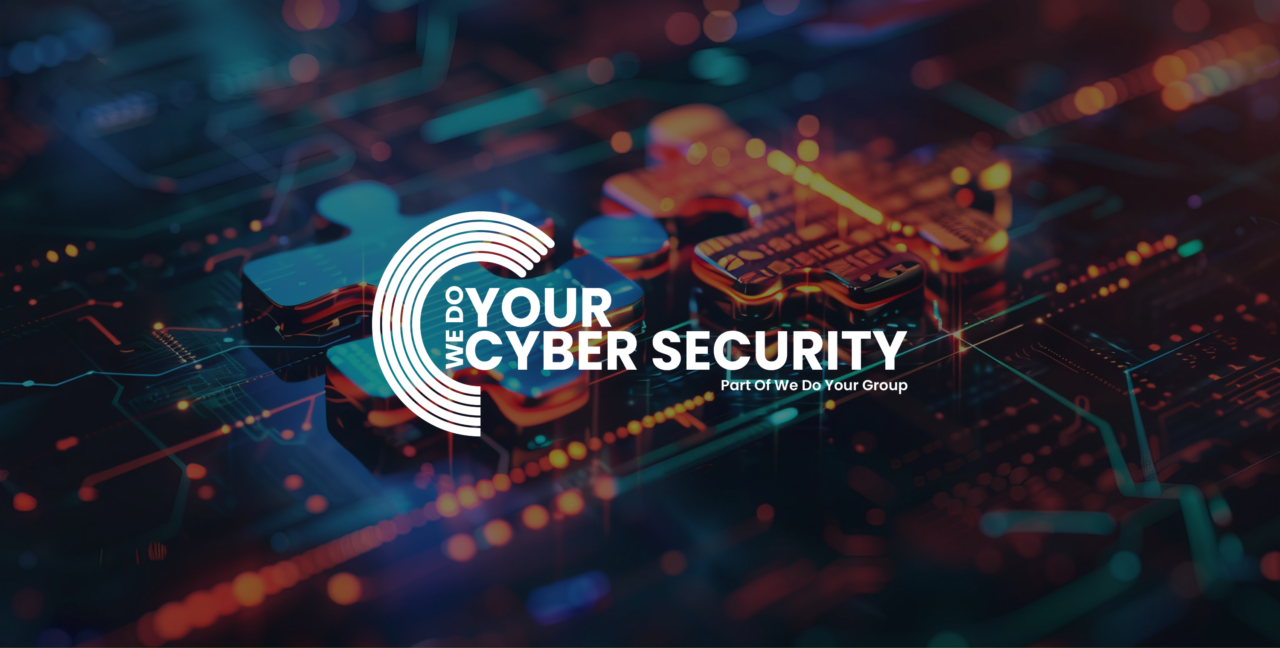

The modern workplace is more than ever under the threat of cyber-attacks, making it a necessity for organisations to protect their digital assets. However, this demand for cyber security professionals has placed an additional strain on labour markets already constrained by shortages. In addition to these workforce challenges, there is also a growing awareness that mental well-being issues among cyber security professionals could further threaten Dutch digital resilience if they are not addressed soon.
Mimecast spokesman Hubert van den Berg recently voiced his concerns regarding the need for better mental health support within the cybersecurity field. He explained: “Burnout and other stress-related conditions are a real risk for cyber security professionals. The high-pressure, 24/7 nature of the job can take its toll on individuals who may already be struggling with their own mental health issues.”
Indeed, research has suggested that as many as 70% of information security workers suffer from stress and burnout due to the immense pressure placed upon them to protect digital assets against malicious actors. This was highlighted in a report by Kaspersky Lab which found that the vast majority of IT professionals were working longer hours than their contracts stipulated, often without any additional compensation.
The need for better mental well-being support within the industry has been echoed by other experts such as Jornt van der Wielen from Deloitte Cyber Risk. He noted: “Cyber security professionals often work long hours and may not have access to the same support networks as other employees. It’s important that organisations provide access to mental health resources and create an open, supportive environment for their cyber security teams.”
Businesses can help protect their digital resilience by creating a culture which recognises the importance of mental well-being among security professionals. This could include providing psychological services, introducing flexible working policies and offering regular training courses aimed at improving personal resilience in high-pressure situations.
These measures should be viewed not only as essential tools for mitigating risks but also as investments in future talent retention within the industry. As van den Berg concluded: “The most successful organisations today are those which recognise the importance of protecting both their digital assets and the mental health of their cyber security staff.”
It is clear that Dutch digital resilience can only be guaranteed if more attention is paid to the well-being of cybersecurity professionals. By recognising this need and taking steps to address it, organisations can ensure they have the talent they need to effectively protect their data in an increasingly complex landscape.
It cannot be understated that addressing mental well-being within the Dutch cyber security industry is an essential step towards ensuring digital resilience for the future. By recognising this need and taking proactive steps to address it, organisations can ensure they have a workforce equipped with the skills needed to protect their data against malicious actors. With effective strategies in place, businesses can safeguard both their digital assets and their employees’ mental health for years to come.
Some of the measures that can be taken to help the situation include:
– A serious acknowledgement of the conditions and challenges IT professionals face.
– Giving more board-level attention to the issue, which could create safer workplace conditions.
– The use of stress-reducing tools such as CyberMindz’s Integrative Restoration or iRest protocol.
– Greater promotion of mental health help options in the cyber community.
– Providing clear job descriptions and expectations to help cyber professionals to understand what is expected of them and what their responsibilities are, which can reduce ambiguity and stress.
Research into this subject has highlighted a mostly hidden but important issue which, if not addressed, could have serious knock-on effects for many businesses, organisations and society as a whole. In addition to the relatively unrecognised human cost of the increasing stresses faced in today’s cyber professions, plus the potential loss of expertise from the cyber security industry, failing to address this issue could leave whole countries and societies open to devastating cyber attacks. As Cybermindz pointed out, these could impact society at mass levels through disruption to essential services like water, energy, telecommunications, health, financial services, food distribution and transportation.
Now that studies have revealed the extent of the issue, businesses may want to take a close look at how their own cyber professionals are feeling and identify what could be done to reduce their stress and the risk of them leaving. For example, measures such as providing clear job expectations, encouraging work-life balance, offering training and development opportunities, providing adequate resources, fostering a positive work environment, plus regularly checking in with employees could all help. By adopting these strategies, companies could help to improve the job satisfaction and wellbeing of their cybersecurity professionals, while also enhancing their performance and productivity.

